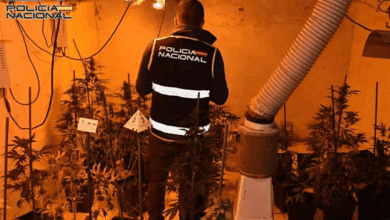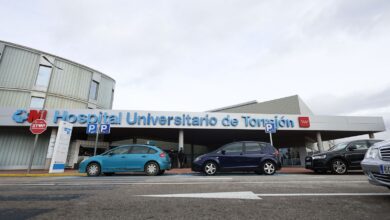
Alarm is mounting in Torrejón de Ardoz, a suburb of Madrid, as a vital soup kitchen faces possible closure. The organization, founded by local residents back in 2012, has become the only source of food for many people in the city. Over the years, it has grown into a crucial lifeline, especially for those teetering on the brink of poverty or living without a home.
At first, volunteers simply handed out breakfast to those sleeping on the streets. Over time, the project expanded: a daytime center was opened, providing not only meals but also support — from everyday help to job search and health advice. The pandemic increased the pressure: now, it’s not just the homeless, but also families who can’t even afford basic food, who come here. Today, the center helps about 250 people daily — roughly a quarter are homeless, while the rest have housing but no stable income.
The soup kitchen has always relied on three sources of funding: municipal support, regional and European subsidies, and donations from local residents. Typically, the city provided its share mid-year, with the region and the European Union contributing later in the year. This arrangement covered rent and staff salaries, albeit with delays.
New requirements threaten the soup kitchen’s very existence
Recently, the situation changed dramatically. Regional and EU authorities have tightened the rules for receiving subsidies: now, funds are given only to those who organize professional training, for example, for gardeners or butchers. For a small team of two social workers, these requirements proved impossible to meet—they have neither the facilities nor specialists to run such courses. Moreover, most of their beneficiaries need basic support: help with hygiene, language, and regaining essential life skills is much more important for them.
Facing a dead end, the townspeople decided not to give up. They started fundraising to keep the soup kitchen open at least for the next few months. They’ve already raised enough to cover rent and salaries for November and December. But that’s not enough to secure a stable future.
Residents are not ready to lose an important social project
Right now, activists are working with the local council to find legal solutions to the problem. However, without urgent support from the public and authorities, the soup kitchen may close soon. For many in Torrejón, it is more than just a place to get a meal—it’s their only lifeline in a difficult time. The project’s fate depends on whether new sources of funding can be found and officials can be persuaded to revise the requirements for social initiatives.












